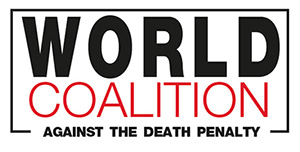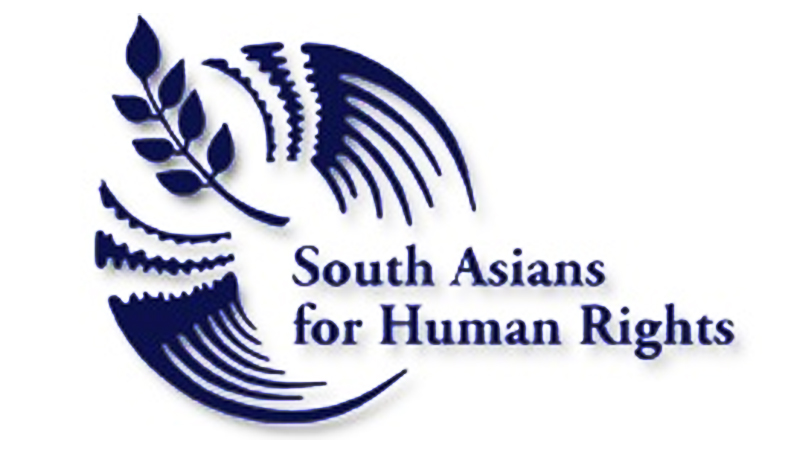Defence of women’s rights and religious response: update and strategies by feminist activists from 11 countries
Paris, Rabat, 16 December 2015 – In the framework of a reflexion on the link between human rights and religion, FIDH conducted a seminar in Rabat (Morocco) on the impact of Islamism on women’s rights in a zone called the “Arc of Crisis”. Some thirty experts representing 11 countries where Islamist groups or parties have taken over the management of public affairs met and identified strategies, – soon to be published, – for fighting against the setbacks or threats of setbacks for women rights.
Although violations of women’s rights are not limited to Islamist political parties, the inroads made by these parties and the impact of their very reactionary theories are a blatant threat to women’s rights, not only in terms of legislative reforms but in the everyday lives of women. Anyone who defends women’s rights in these areas has to face specific challenges. In response to this situation, FIDH, together with activists, physicians, academics, journalists, lawyers and sociologists from the 11 selected countries assessed the impact of Islamist policies on women’s rights. On the basis of this assessment, the Rabat seminar was able to develop strategies to protect the rights already acquired by women and to prevent further setbacks.
DR
The FIDH project focuses on 11 countries in the zone called the “Arc of Crisis” because all of them share similar challenges to women’s rights. The countries in the zone are: Morocco, Tunisia, Egypt, Mali, Nigeria, Sudan, Somalia, Turkey, Iran, Afghanistan and Pakistan.
« The contexts of the countries being studied may be very different, but a look at their experiences shows that repression of women – although not of equal intensity in all the States – is a constant that is shared by all religion-based reactionary movements. Despite this peril, it is still possible to develop common strategies to fight against such repression, without overlooking the individual characteristics of each situation, » declared Sophie Bessis, member of FIDH Action Group on Women’s Rights.
« FIDH has sought to contribute to this undertaking by organising a think-tank to identify effective action and advocacy strategies to defend women’s rights in places where achievements of these rights are being threatened, » declared Karim Lahidji, FIDH President.
The participants established a network for sharing information on ways to strengthen the protection of women’s rights in their respective countries.
Investigations led in each of the 11 countries with FIDH member and partner organisations formed the basis of the discussions. A seminar report will be published in early 2016 for discussion with the civil societies in the selected countries. The strategies identified will be applied at the national, regional and international levels to strengthen the fight against reactionary Islamist regimes and forces that are targeting women.
– END –
Press contacts:
Arthur Manet (French, English, Spanish), Tel: +33 6 72 28 42 94 (Paris) – press@fidh.org
Audrey Couprie (French, English, German), Tel: +33 6 48 05 91 57 (Paris) – press@fidh.org
FIDH is an international human rights NGO federating 178 organizations from close to 120 countries. Since 1922, FIDH has been defending all civil, political, economic, social and cultural rights as set out in the Universal Declaration for Human Rights. FIDH’s headquarters are in Paris and the organization has offices in Abidjan, Bamako, Brussels, Conakry, Geneva, The Hague, New-York, Pretoria and Tunis.
Category: Media Monitoring






